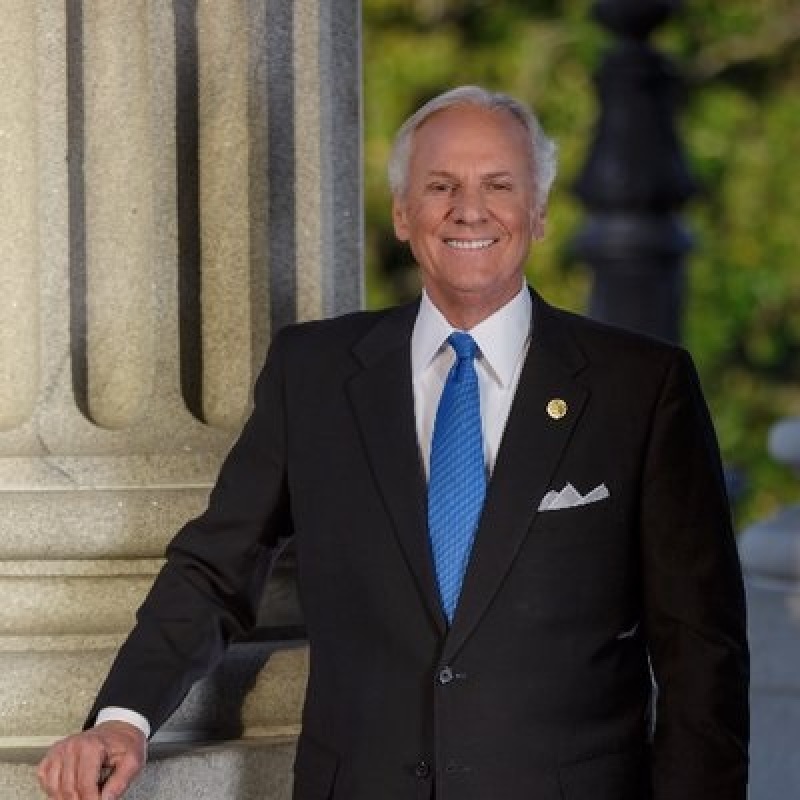
Pro-lifers in South Carolina saw a slew of victories this week, as the new Heartbeat Bill that bans most abortions in the state was signed into law. Abortionists, responding to the events that transpired, took legal action against it.
The new bill was passed by a 79-35 vote on Wednesday, following hours of emotional testimony from both sides of the political spectrum. But on Thursday, following Gov. Henry McMaster's signing it into a law, Planned Parenthood moved to file a lawsuit to challenge the "South Carolina Fetal Heartbeat and Protection from Abortion Act" and prevent it from taking effect.
U.S. News reported that on Thursday, South Carolina Gov. McMaster signed the state's new Heartbeat bill, which would criminalize most abortions. Under this new bill, doctors and medical professionals are now required to check for a heartbeat in the unborn baby.
Today, we made history. The Heartbeat Bill is now the law of South Carolina and we will defend it with everything in us because there is nothing more important than protecting the sanctity of life! pic.twitter.com/n9ldH3CUAJ
"” Gov. Henry McMaster (@henrymcmaster) February 18, 2021
If a heartbeat is present, abortion will only be allowed to take place if the prenancy is a result of rape or incest, if there is a medical threat to the mother's life, or if there are fetal anomalies deemed "incompatible with life," LifeSite News reported.
Planned Parenthood, which does not want abortions banned in South Carolina, stood firmly against the new bill and filed a case to prevent it from taking effect, even after Gov. McMaster signed it into law.
According to Planned Parenthood's lawsuit, the new South Carolina Heartbeat Bill "is in flagrant violation of nearly five decades of settled Supreme Court precedent."
Previously, the Supreme Court ruled that "abortion is legal until an unborn baby is viable outside the womb - months after a heartbeat can be detected," as per Jenny Black, president and CEO of Planned Parenthood South Atlantic. Black called the South Carolina Heartbeat Bill "blatantly unconstitutional."
Planned Parenthood also claimed that there is a high rate of women, especially African Americans, whose lives are taken during or after childbirth in the state, NBC News reported. They also claimed that the Heartbeat Bill will mostly affect low-income women who do not have the means to travel to another nearby state where abortion is still legal.
South Carolina Attorney General Alan Wilson quickly defended the Heartbeat Bill and said in a statement that his office will "vigorously defend this law in court because there is nothing more important than protecting life."
Gov. McMaster hailed the South Carolina Heartbeat Bill as "a major step forward in the pro-life movement" in the state.
Pro-lifers see the new law as a major victory against the murder of the innocents in the womb. It is considered a major step that comes before the overturning of Roe v. Wade, which is expected to happen with the help of the three conservative Supreme Court justices appointed by former President Donald Trump.
South Carolina is the newest state to enact restrictive abortion laws as early as a fetal heartbeat can be detected. Other states that already have similar Heartbeat Bills in place are Georgia, Missouri, Louisiana, Tennessee, Ohio, Alabama, Arkansas, Iowa, Kentucky, Mississippi, and North Dakota.























